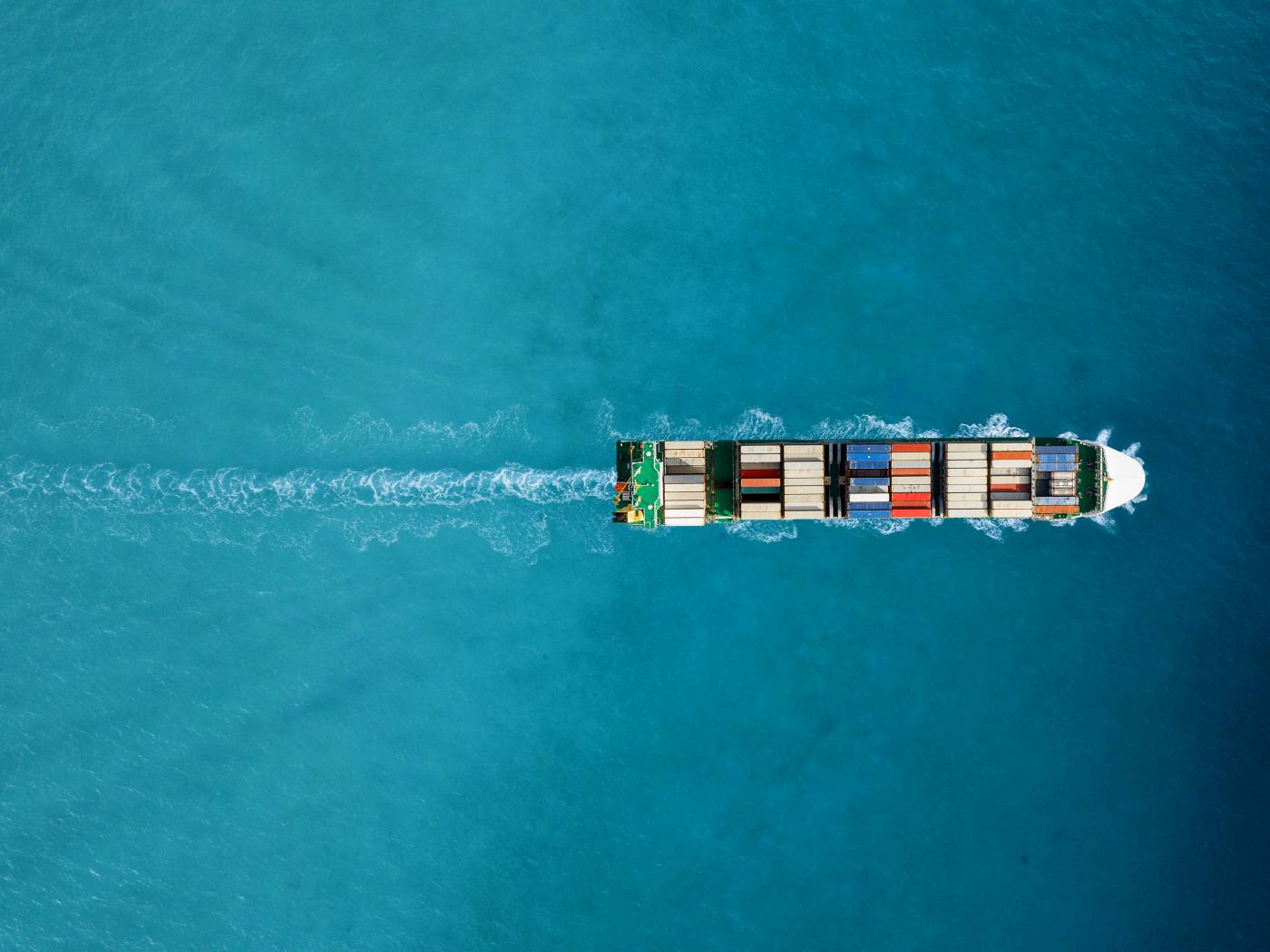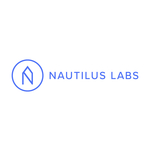
Nautilus Labs Raises $34 Million in Series B Funding to Decarbonize Ocean Shipping, Optimize Voyage Economics in Oldest Part of the Supply Chain
- M12 and the Microsoft Climate Innovation Fund played leading roles in the funding round, marking Microsoft’s first joint investment that meets both sustainability and venture growth objectives
- Nautilus’s Voyage Optimization addresses longstanding inefficiencies and necessity for lower emissions across the ocean shipping leg of the supply chain
- Nautilus Labs will use the investment to grow its talent and global footprint, as well as develop new product capabilities
NEW YORK–(BUSINESS WIRE)–Nautilus Labs (the “Company” or “Nautilus”), the technology firm advancing the efficiency of ocean commerce through artificial intelligence with hubs in New York, Singapore, Paris, and London, today announced $34 million in Series B funding. Microsoft played a leading role, with M12, Microsoft’s venture fund, and the Microsoft Climate Innovation Fund co-investing for the first time. This round brings Nautilus’s total raised capital to over $48 million. The company will use the investment to develop and deploy new product capabilities that support client goals to drive decarbonization while maximizing profits, attract fresh tech talent, and open and expand new offices in key shipping hubs worldwide.
Nautilus’s collaborative flagship solution, Voyage Optimization, is transforming how voyages are run by addressing long-standing inefficiencies and creating a pathway to lower emissions that the ocean shipping industry at-large can immediately adopt. The company is enabling collaboration among stakeholders in the ocean supply chain by connecting previously siloed owners and operators. The solution leverages machine learning-based predictions to reduce fuel waste and emissions while maximizing commercial returns by analyzing IoT data, weather patterns, arrival and departure times, and commercial needs. Clients using Nautilus’s technology gain an unprecedented level of predictive insight and confidence into voyage economics and are empowered to collaborate with historically siloed stakeholders in the ocean supply chain. Voyage Optimization also benefits crews onboard vessels through highly accurate predictive decision support.
The announcement comes at a critical time for the industry. Shipping accounts for 3% of anthropogenic greenhouse gas emissions (GHG), approximately 1 gigaton of CO2 every year. If left unchecked, shipping will account for 17% of GHG by 2050. The sector’s inefficiency is rooted in legacy structures that impact the entire supply chain. Just-in-time arrival does not exist in ocean shipping in the same way it does in aviation; ships leave port at high speeds only to slow down prior to reaching their destination and waiting for berth availability. The net impact is damaging: fuel waste, excess emissions, lost capital for ship owners and charterers alike – and supply chain inefficiency for everyone. The International Maritime Organization (IMO) has set in place carbon intensity standards that commence in 2023, while the EU Emissions Trading Scheme (ETS) will also cover ocean commerce starting next year.
“Economic efficiency and environmental efficiency are best solved in unison. Today, we’re able to empower ocean shipping companies with a path to creating the most profitable business – that at the same time helps them reduce carbon intensity immediately. The firms winning in the market are mobilizing resources now to adopt a collaborative, data-driven approach to transforming their voyages. By focusing on the underlying economics, they’re stripping wasted fuel and time out of their operations,” said Matt Heider, Chief Executive Officer at Nautilus Labs. “The potential for Voyage Optimization is huge: our clients have seen 10-12% savings per journey, with overall savings potential reaching up to 30%, as we address the root cause of this hurry-up-to-wait paradigm. We’re excited to leverage this funding to grow our crew around the world and continue to solve this global problem with a great deal of urgency.”
“Microsoft is committed to accelerating global progress towards a more sustainable future and supporting our partners to deliver outcomes that go beyond exceptional financial returns to drive catalytic environmental and social impact. That’s why M12 and the Climate Innovation Fund are co-investing for the first time in Nautilus, a business that can be both high-growth and deliver on significant decarbonization targets at scale,” said Mark Kroese, General Manager, Sustainability Solutions at Microsoft.
The Series B round also saw participation from new and existing investors, including NSS Advisors, Systemiq Capital, Root Ventures, Quiet Capital, TMV, and Amplifier. The company partners with energy major TotalEnergies, Eastern Pacific Shipping, and Emirates Shipping Line among others, and recently announced its expansion to London.
ABOUT NAUTILUS LABS
Nautilus Labs is a maritime technology company that reduces emissions while maximizing commercial returns. The company’s collaborative Voyage Optimization solution offers the most accurate real-time prediction of voyage outcomes in the market. Powered by millions of data points, Nautilus leverages machine learning and naval architectural models to generate ship-specific recommendations. The solution empowers ocean shipping leaders to transform how voyages are run, unlocking decarbonization, profitability, and just-in-time arrival. With hubs in New York, Singapore, London, and Paris, the company is backed by the Microsoft Climate Innovation Fund and M12. To learn more about Nautilus’s mission or request a demo, visit nautiluslabs.com.
Contacts
Vanessa Roettger
Nautilus Labs
vanessa@nautiluslabs.com
Isaac Steinmetz
Antenna for Nautilus Labs
NautilusLabs@antennagroup.com




